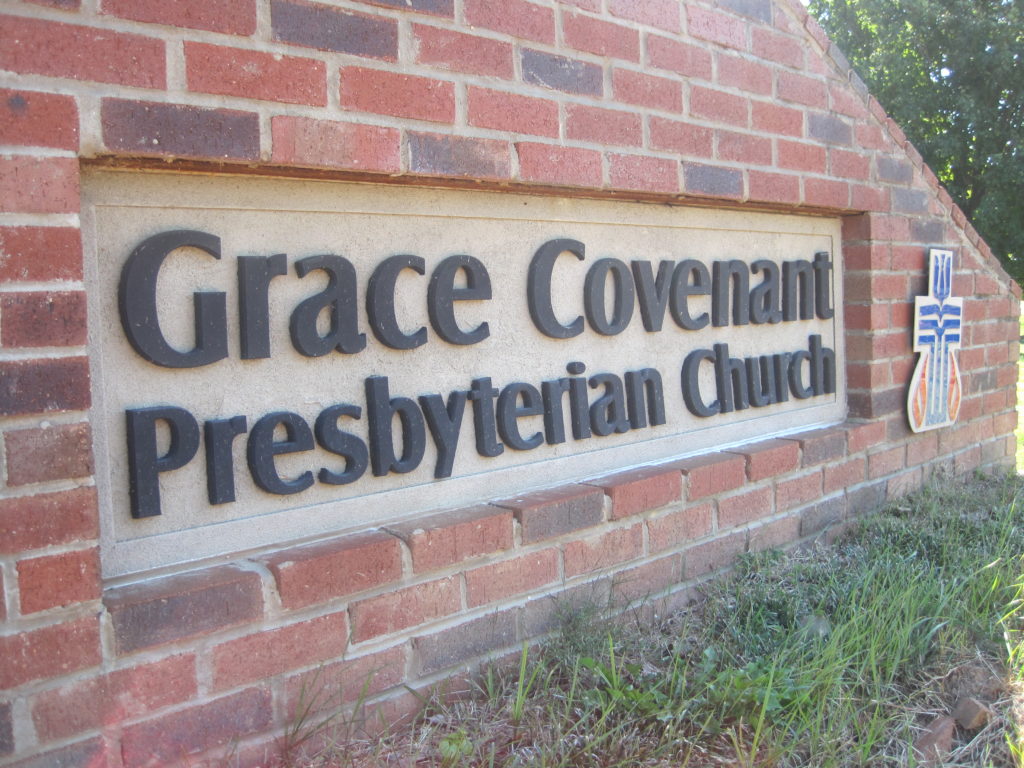- The land that the church is on today on Merrimon Ave was land along a main thoroughfare of trade and travel for the people we know as the Cherokee.
- Merrimon Avenue and Broadway-Lexington Ave were both trails the indigenous communities created and used.
- Not far from where the church sits, At the top of the hill between Merrimon Ave and Lexington is an ancient Cherokee gravesite.
- The Cherokee didn’t believe in owning land—much different than the views of the European colonizers who took it from them and brought the concept of ownership of land.
- This church sits in the City of Asheville named in 1797 after NC Governor Samuel Ashe, who never lived here but who enslaved many people to accumulate his wealth and social and political capital in this state.
- Merrimon Avenue is the name of a man who not only enslaved people to generate profit that they did not share in and that they were held captive to secure for his heirs and not for theirs, but his life’s work was to defend and shore up the institution of slavery in order to protect the economic interests of white people. Augustus Summerfield Merrimon (1830-1892), U.S. Senator and Chief Justice of the North Carolina Supreme Court, wrote, “Slavery has certainly existed from the earliest times down to the present, and it would seem that it is, in one sense, of divine appointment.”
-
By the 1850s, this land was taken and claimed by a white slave owner, John B. Whiteside, who was an organizing member of the First Presbyterian Church in Asheville.
-
When the Presbytery purchased the land in the 1950s, our newly formed Grace Covenant Church benefited from the unjust economic benefits for white neighborhoods created by redlining.
- Let us remember the history of this land and remember that we are committed to the repudiation of the Doctrine of Discovery that authorized the genocide of indigenous people and the enslavement of people for the economic gain of those in power. And all that Christianity was appropriated as a way to authorize the violence.
- This community of faith will not tire in our commitment to healing those deep wounds.
- We acknowledge our complicated and painful history on this land and as Christians in a denomination deeply formed by whiteness.

